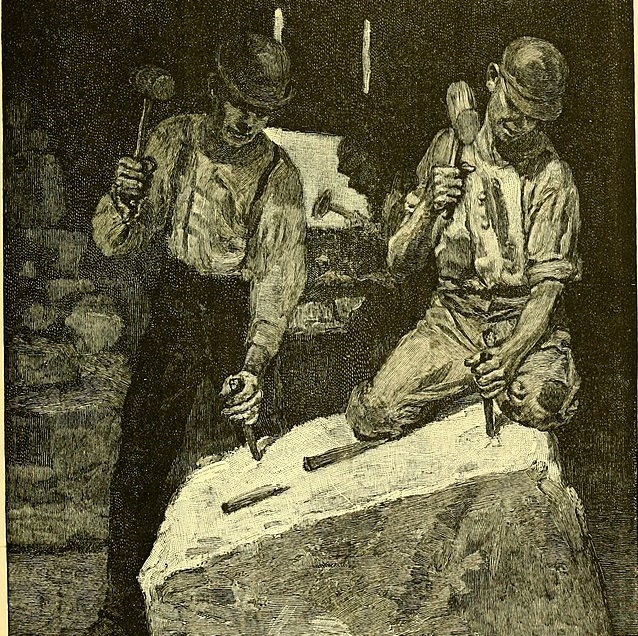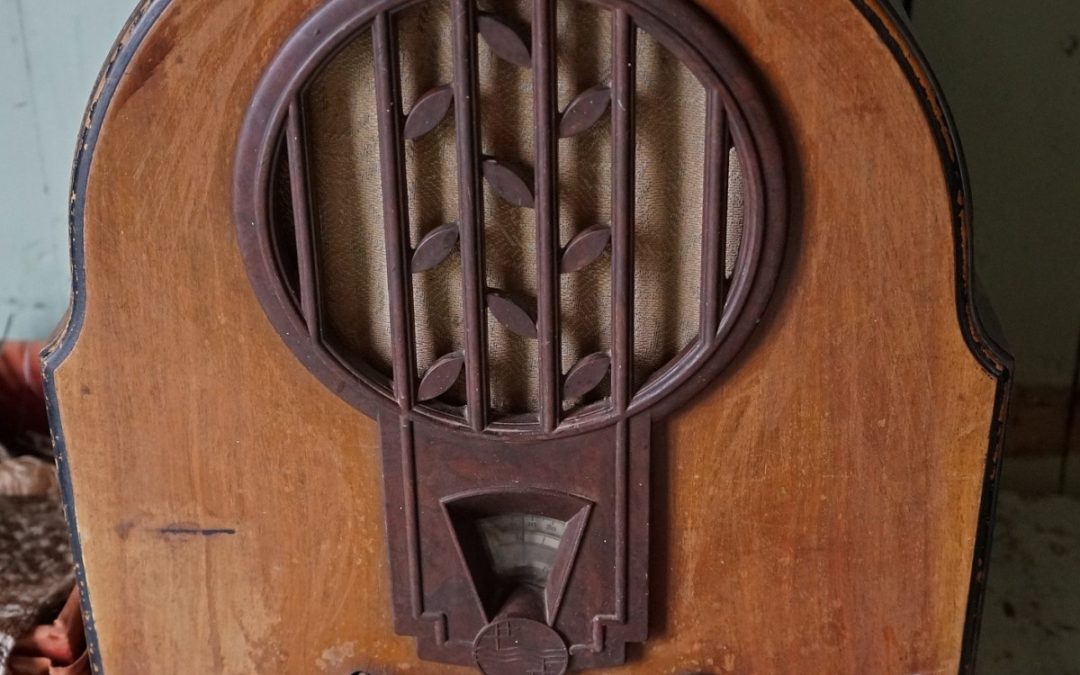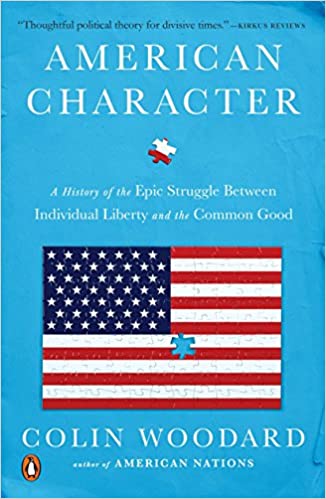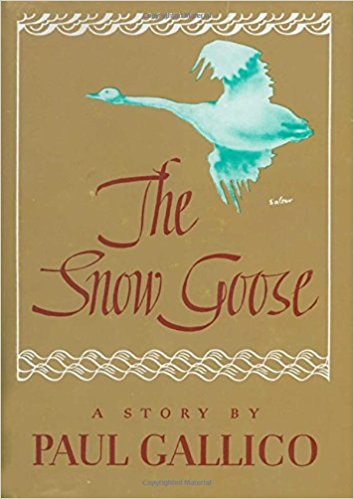“ Philip, I love ‘ee ”
Book review:
The Snow Goose
by Paul Gallico (1897-1976)
Alfred A. Knopf, New York, 1960
58 pages
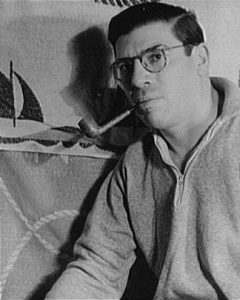
Paul Gallico (1897-1976)
Paul Gallico is an author I need to get to know better. The Snow Goose is my first attempt.
This justly famous short story is surprisingly simple in its construction and densely emotional in its impact. There are familiar plot elements: ugly old man meets beautiful young girl, and they develop a close relationship. In some ways one is moved to think of Silas Marner—there are both rich and rigid qualities in their love, never consummated, sharply constrained.
The snow goose imagery is pervasive. Gallico uses the obviously proper word pinion repeatedly and not always, perhaps, with the same definition in mind, but this is quibbling…despite Philip Rhayader’s intimate knowledge of the birds he paints, there is no compelling total image of the bird. What does a snow goose really look like?
The primitive eroticism of Rhayader’s relationship with the girl, Fritha, is bursting out of the story repeatedly before the final scenes. Think of the sensual heat of Girl With A Pearl Earring, deeply heartfelt and almost completely unexpressed. Vermeer painted the girl from life; Rhayader painted his girl from memory, a symbolic reflection of his restrained character and the repressed relationship.
The story line of Snow Goose is mostly mundane, but Gallico easily sustains a dramatic tension, although the Dunkirk evacuation scenes are almost a charade with the blunt Cockney accents dominating the dialog.
Snow Goose is eminently poetic—the ending that every reader can anticipate occurs with realistic sadness and realistic revelation. Fritha feels the words in her heart: “Philip, I love ‘ee.”
The long-patient reader is finally released to wordless exultation.
* * * *
I admit the abundant pleasures of re-reading The Snow Goose in February 2021. I happily engaged more fully with the character of the young girl Fritha, and the pathos of her isolation without parents in a hard community that took no notice of her friendship with the lonely artist. Fritha survives, and shares her memories and her private, splendid isolation with the beautiful bird.
———-
Among other treatments, this beautiful short story was transformed to film (television) in 1971 by the BBC and shown on the Hallmark Hall of Fame, with Richard Harris as Rhayader and Jenny Agutter as Fritha. See it in five installments on YouTube here.
* * * * * *
Book review. Copyright © Richard Carl Subber 2021 All rights reserved.
Book review: The Chosen
Life: exuberant, and otherwise…
by Chaim Potok
–
Above all: Poems of dawn and more with 73 free verse poems,
and the rest of my poetry books are for sale on Amazon (paperback and Kindle)
and free in Kindle Unlimited, search Amazon for “Richard Carl Subber”
* * * * * *
